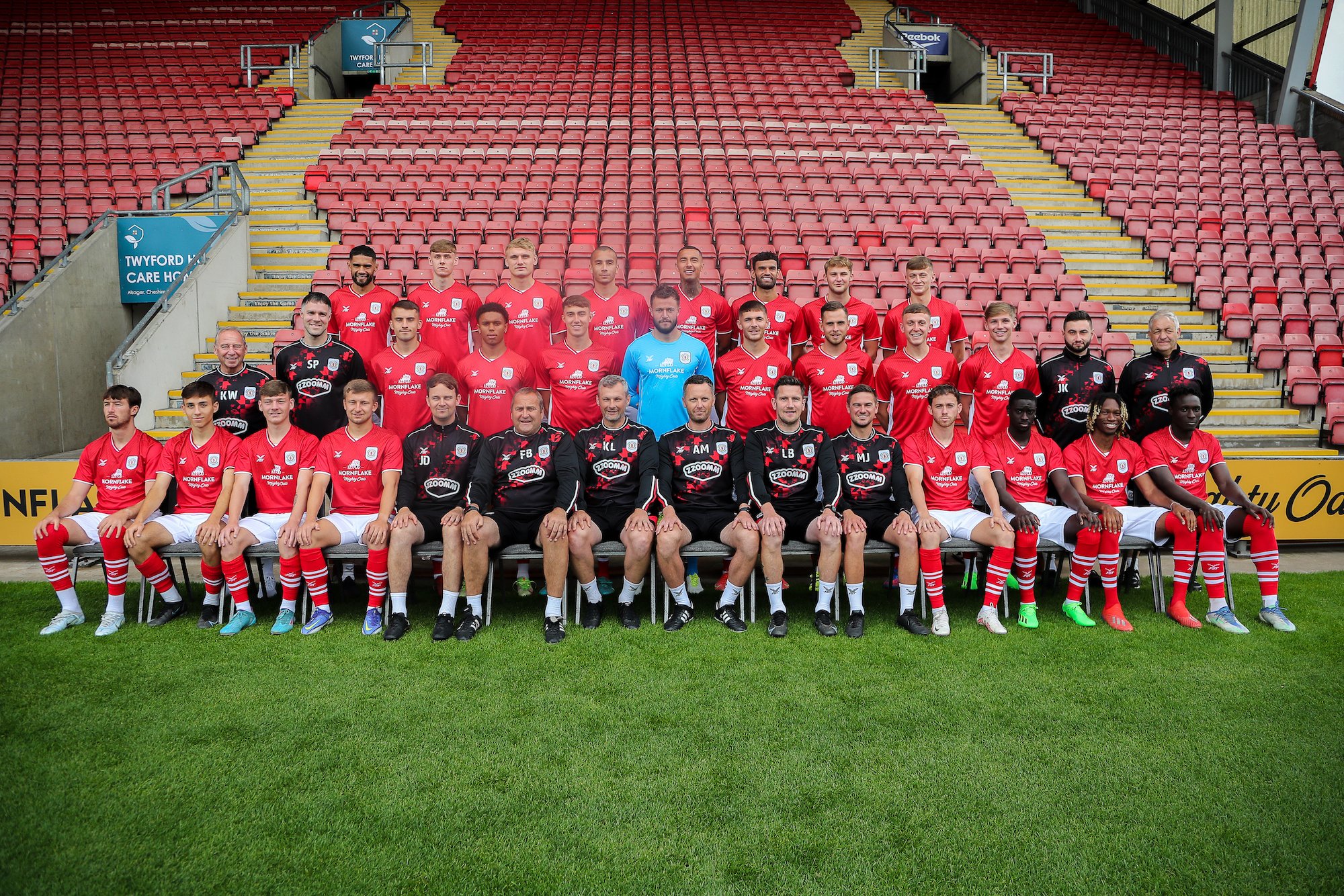
According to the official FA Cup draw which was done recently, Crewe Alexandra have found out that they will be going head to head against League One outfit Barnsley and will be traveling to their opponents in the second round of the FA Cup this season. The club that advances from this tie is set to pocket a sum it £67,000 in prize money and the two clubs will be hoping that they would end up on the victorious side if the clash. The two clubs have locked horns four times in the past, with the first tie ending in a 1-1 draw in the 1905-06 season. There was a replay of the match in that same season and Crewe lost the tie 4-0 at Oakwell,
Fast track to the 26/27 season, Crewe would also lose a match between the two clubs by a huge scoreline if 6-1 at the same venue. The last time the Teo clubs met was three seasons ago, with the Tykes coming out victorious after recording a 3-1 win at the Alexandra Stadium. The weekend if the 26th of November is when their next tie will take place and they will both have a replay on 6th/7th of December.
Here’s the draw in full:
Accrington Stanley vs Barnet/Chelmsford
Barnsley vs Crewe Alexandra
Bracknell Town/Ipswich Town vs Buxton
Bristol Rovers vs Boreham Wood
Burton Albion vs Chippenham Town
Charlton Athletic vs Stockport County
Curzon Ashton/Cambridge United vs Grimsby Town
Dagenham &Redbridge vs AFC Fylde/Gillingham
Ebbsfleet United vs Fleetwood Town
Forest Green Rovers vs Alvechurch
King’s Lynn Town vs Stevenage
Newport County vs Torquay United/Derby CountyPortsmouth vs MK Dons
Sheffield Wednesday vs Mansfield Town
Shrewsbury Town vs Peterborough United/Salford City
SolihullMorrs/Hartlepool United vs Harrogate Town
Walsall vs Carlisle United
Weymouth/AFC Wimbledon vs Chesterfield
Woking/Oxford United vs Exeter City
Wrexham vs Farnborough
